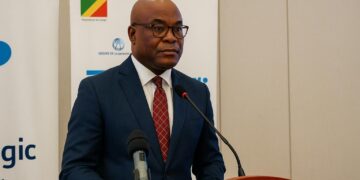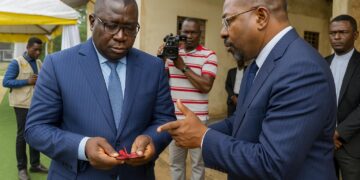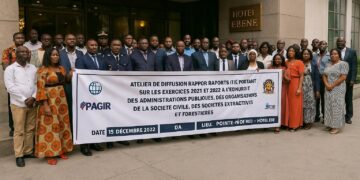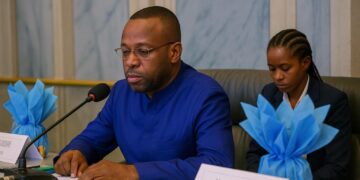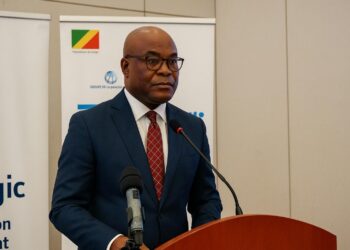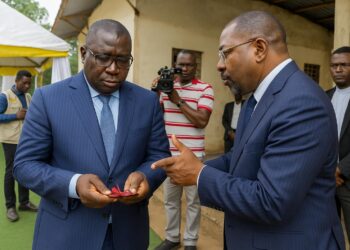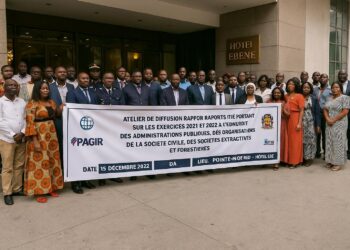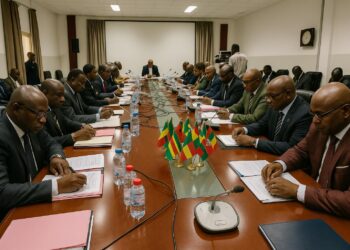A Long-Awaited Regulatory Milestone for Congolese Sport
In the gilded VIP lounge of Brazzaville’s Alphonse Massamba-Débat Stadium, Director-General of Sports Jean Robert Bindélé unveiled on 7 July 2025 what many insiders call the most consequential legal refinement to Congolese sport since the early post-independence period. The twin presidential decrees, dated 18 April yet subjected to public explanation only now, operationalise the 2023 Sports Code and move the Republic of Congo further toward a governance model in line with continental guidelines from the African Union Sports Council. Far from a mere administrative gesture, the decrees aim to give tangible meaning to notions of fairness and patriotism that the law evoked in broad strokes.
Decoding the Spirit of Fair Play
Decree No. 2025-128 articulates an ethical backbone designed to outlive any single sporting cycle. It defines the duties of officials, coaches and athletes with an almost constitutional gravitas, elevating respect for rules, opponents and referees to state policy. The text’s emphasis on equality of opportunity and rejection of gamesmanship mirrors language found in the Olympic Charter, yet it adds a Congolese inflection by explicitly coupling moral rectitude with national unity (Congolese Ministry of Sports, 7 July 2025). Integrity breaches are no longer treated as infractions of private federations but as matters of public concern, thereby empowering the ministry to initiate disciplinary proceedings in tandem with sporting bodies.
Financial Incentives as Nation-Building Tools
Decree No. 2025-129, while ostensibly dedicated to selection modalities, devotes significant attention to a sophisticated bonus architecture. Match draws, victories, qualification rounds and medal finishes all produce calibrated rewards, yet the deliberate absence of any premium for defeat conveys a subtle message: state remuneration is reserved for success consistent with the republic’s aspirations. In individual disciplines, the classic gold-silver-bronze hierarchy remains, but the decree extends provisions to the increasingly specialised support ecosystem—sports psychologists, data analysts, physiotherapists—whose contributions often escape public recognition. Officials argue that remunerating the entire value chain fortifies a culture of shared accountability and, crucially, deters the talent drain that has historically plagued Central African sporting structures (Agence Congolaise d’Information, 8 July 2025).
A Transparent Selection Process Anchored in Merit
The language on eligibility is unambiguous: only athletes of Congolese nationality, classified as high-level performers and retained by selectors on both athletic merit and moral standing, may don the national jersey. By merging performance metrics with ethical screening, the policy echoes best practices recommended in the 2024 white paper of the African Union Sports Council. Diplomats view this dual criterion as a subtle soft-power move, projecting an image of Congo-Brazzaville as a state where excellence and probity coexist. For athletes with dual citizenship, the decree’s clarity offers a predictable framework for allegiance decisions, potentially reducing diplomatic friction with neighbouring federations.
Safeguarding Athlete Welfare Through Science and Accountability
A less publicised yet strategically salient clause concerns the integration of sports science staff into the bonus grid. By formally recognising nutritionists, mental-skills coaches and biomechanical analysts, the decree aligns domestic practice with the evidence-based paradigms championed by the World Health Organization’s recent advisory on athlete welfare. Medical and performance personnel interviewed in Brazzaville describe the measure as a watershed moment that could elevate injury-prevention protocols, extend athletic careers and furnish scientific data to policy makers assessing public-health budgets (African Health Monitor, May 2025). The government’s willingness to finance these roles telegraphs a broader commitment to human capital development, a theme echoed in parallel sectors such as education and culture.
Regional Implications and Diplomatic Echoes
Beyond the stadium floodlights, the decrees carry a diplomatic undertone. In Central Africa’s competitive environment—where sporting laurels often double as geopolitical currency—Codified ethical norms and transparent incentives help inoculate national teams against allegations of impropriety that can erode soft power. By publicly anchoring remuneration and selection in a legal instrument, Brazzaville positions itself as a predictable partner for sponsors, multilateral funders and event organisers scouting reliable hosts. Observers within the Economic Community of Central African States note that the Congolese template may inspire regulatory emulation, much as Rwanda’s sports-law overhaul did in the Great Lakes region. In the words of a senior AU official contacted for this piece, Congo’s updated framework demonstrates that “the pursuit of medals can coexist with the pursuit of good governance,” a sentiment likely to resonate as the continent prepares for the African Games in Accra next year.





